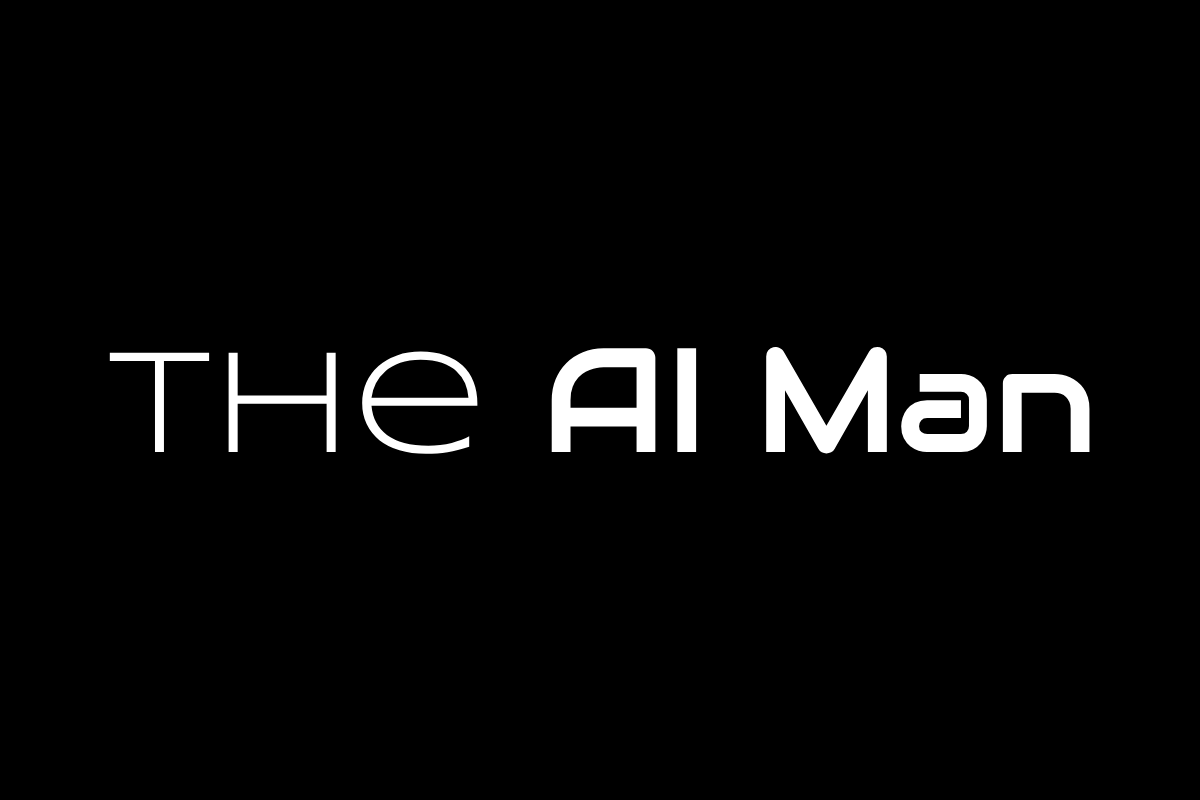Welcome back, {{first_name | reader }}!
Here's what just happened in Silicon Valley: OpenAI partnered with Broadcom to create their own custom AI chips, breaking away from their heavy reliance on Nvidia.
Think of it like Tesla deciding to build their own batteries instead of buying them from Panasonic, LG or BYD. It's all about control, costs, and competitive advantage.
The Massive $10 Billion Deal

This isn't small change we're talking about:
Historic Investment: Broadcom secured over $10 billion in orders from OpenAI for custom AI accelerators, making it one of the largest chip deals in recent history
Production Timeline: Mass production will begin in 2026, giving OpenAI complete control over their hardware for the first time
Internal Focus: Unlike Nvidia's chips that serve everyone, these are designed exclusively for OpenAI's specific needs
Strategic Advantage: This partnership allows OpenAI to optimize both performance and costs while avoiding supply chain bottlenecks
The deal is so significant that Broadcom's CEO mentioned it would "improve significantly" their 2026 revenue forecast, though he didn't name OpenAI directly—but industry insiders quickly connected the dots.
Breaking Nvidia's Stranglehold

AI accelerator market share showing Nvidia's dominance and the competitive opportunity for OpenAI's custom chips
Here's the jaw-dropping reality: Nvidia controls roughly 80% of the AI chip market, essentially acting as the gatekeeper for the entire AI revolution:
Market Explosion: The AI chip market has grown from $20 billion in 2020 to $73 billion in 2024, with projections reaching $300+ billion by 2030
Cost Control: Custom chips could save OpenAI billions in operational expenses compared to buying expensive Nvidia GPUs
Supply Independence: No more waiting in line for Nvidia's latest releases or dealing with chip shortages during critical scaling periods
Performance Edge: Hardware designed specifically for OpenAI's algorithms could outperform general-purpose GPUs significantly
This follows the playbook of tech giants like Google with their TPU chips and Amazon with Graviton processors. Controlling your hardware stack is becoming essential for staying competitive.

Explosive growth in AI chip market size from $20 billion in 2020 to projected $300+ billion by 2030
The Engineering Challenge
Building custom AI chips is incredibly complex, imagine designing a Formula 1 engine from scratch:
Development Costs: Industry estimates suggest $500 million just for chip design, potentially reaching $1 billion including software development
Manufacturing: OpenAI is using TSMC's advanced 3-nanometer process—the same cutting-edge technology in the latest iPhones
Expert Team: Led by former Google chip architect Richard Ho, OpenAI's hardware team has grown to 40 engineers, though still smaller than established players
High Stakes: The "tape-out" process (critical final stage in designing an integrated circuit (IC), where the complete, verified design data is sent to a semiconductor fabrication plant (fab) for manufacturing) costs tens of millions and takes six months, with no guarantee of first-attempt success
Partnering with Broadcom provides crucial chip architecture expertise while TSMC handles manufacturing, a proven combination that worked for Apple's custom silicon success.

Financial scale of OpenAI's chip development compared to industry benchmarks and Nvidia's dominance
Looking Ahead: The New Chip Wars
This partnership signals the beginning of a new era in AI infrastructure. When OpenAI's chips hit production in 2026, expect a domino effect. Other AI companies will likely accelerate their own custom chip programs, potentially breaking Nvidia's near-monopoly.
For the AI industry, this could mean more specialized, cost-effective computing options and faster innovation through competition. However, the real test comes when these custom chips face the demanding reality of training next-generation AI models.
Success could reshape the entire landscape and failure might only strengthen Nvidia's position.
You heard it here first! 📰

